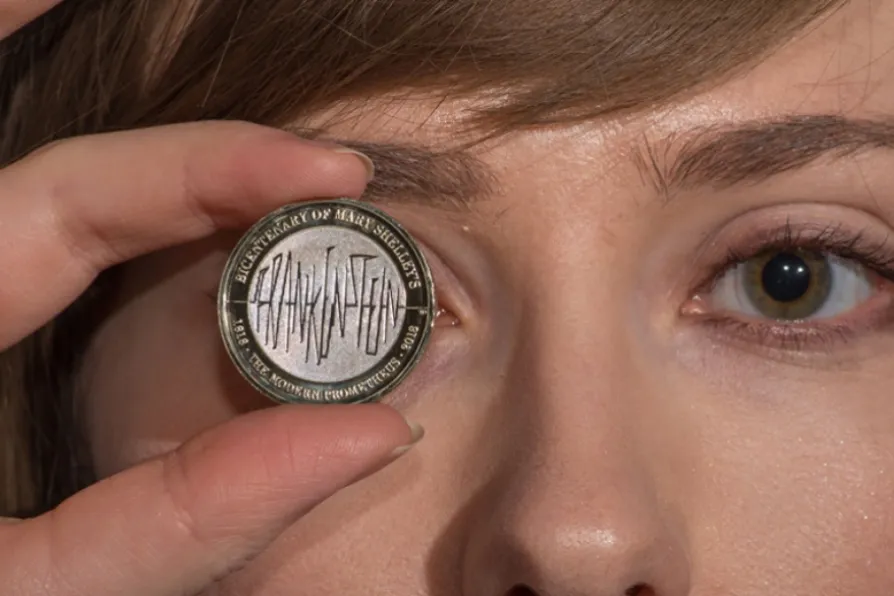The crew of the Freedom Flotilla boat, Handala, warned Israel to obey international law but are now in captivity, reports LINDA PENTZ GUNTER

 A Royal Mint worker holds up a commemorative Frankenstein coin
A Royal Mint worker holds up a commemorative Frankenstein coin
Two hundred years after the publication of the gothic horror novel Frankenstein in 1818, this year has seen a plethora of Establishment media stories about the anniversary and author Mary Shelley, about whom a film has just been released. Much of the coverage and the film focuses on her relationship with the poet Percy Shelley.
Yet very few have highlighted the socialist influences on her personally or within the text of the famous book. Her parents were two of the most notorious radicals of her day: her mother, who died of complications 11 days after her birth in 1797, was Mary Wollstonecraft, author of A Vindication of the Rights of Woman. That book was published in 1792, and in it she she argues that women are not naturally inferior to men, but appear to be only because they lack education. She suggests that both men and women should be treated as rational beings and imagines a different social order founded on reason, rather than the prevailing discriminatory norm.
This was sensational stuff for the time, challenging as it did the ruling patriarchy, political establishment and the Church. She is cited by many progressives as one of feminism’s founding philosophers. Mary Shelley read her mother’s books, and was brought up to cherish her mother’s memory. Mary’s father was the political philosopher and novelist William Godwin, acknowledged nowadays as one of the first proponents of anarchism. Godwin is most famous for two books that he published within the space of a year: An Enquiry Concerning Political Justice, an attack on contemporary political institutions, and Things As They Are; or The Adventures of Caleb Williams, an early mystery novel which attacks aristocratic privilege.


















